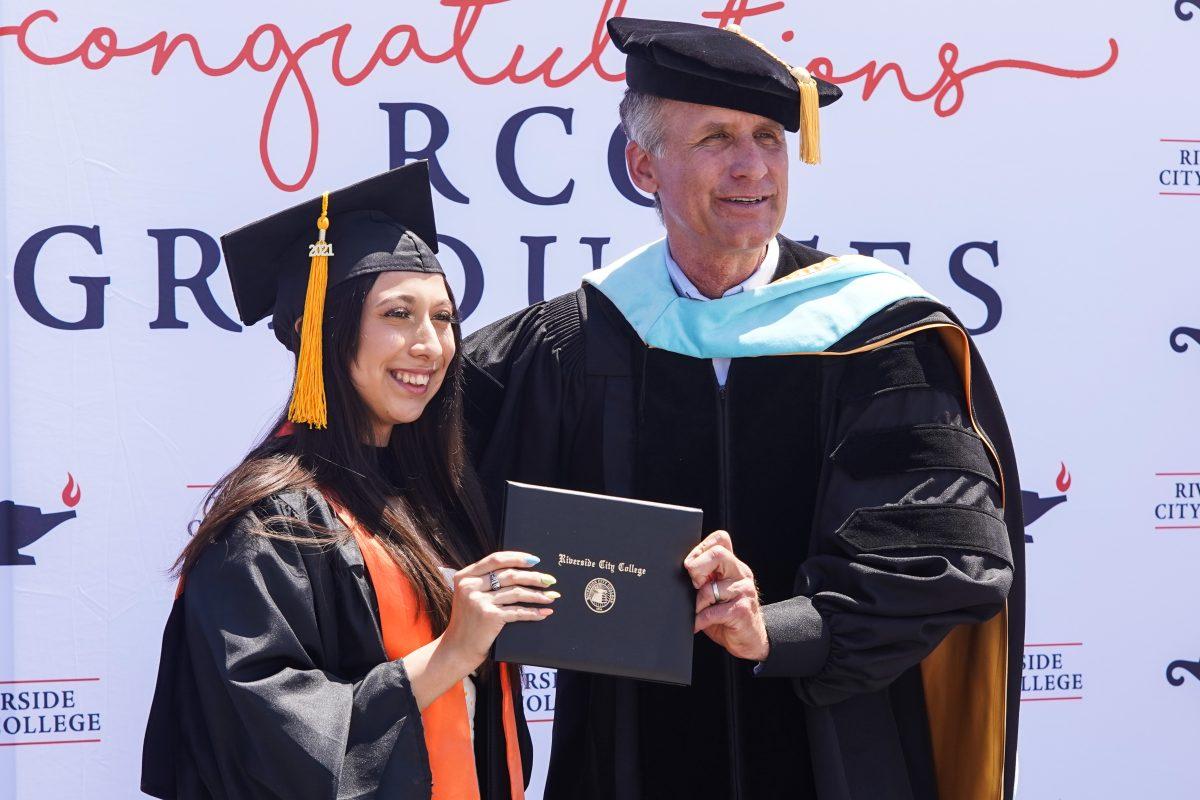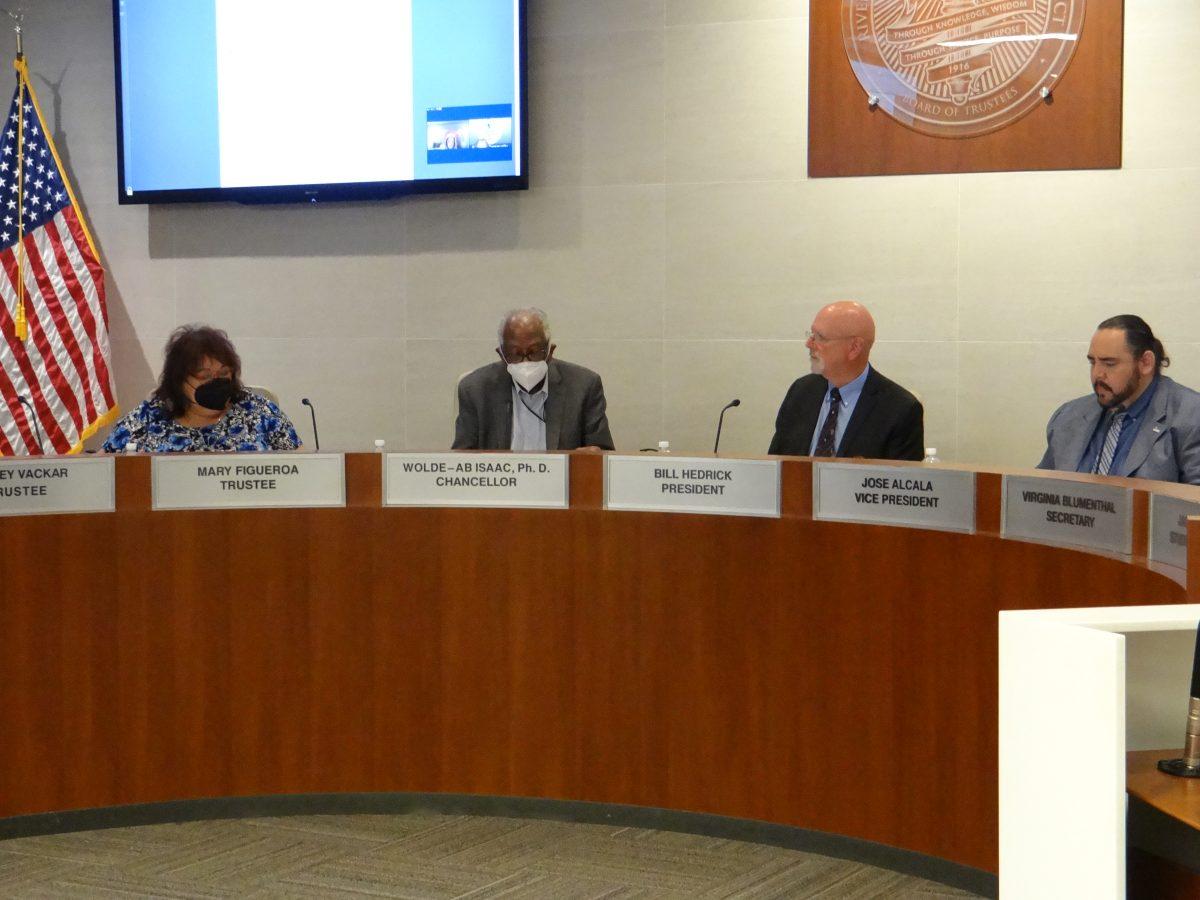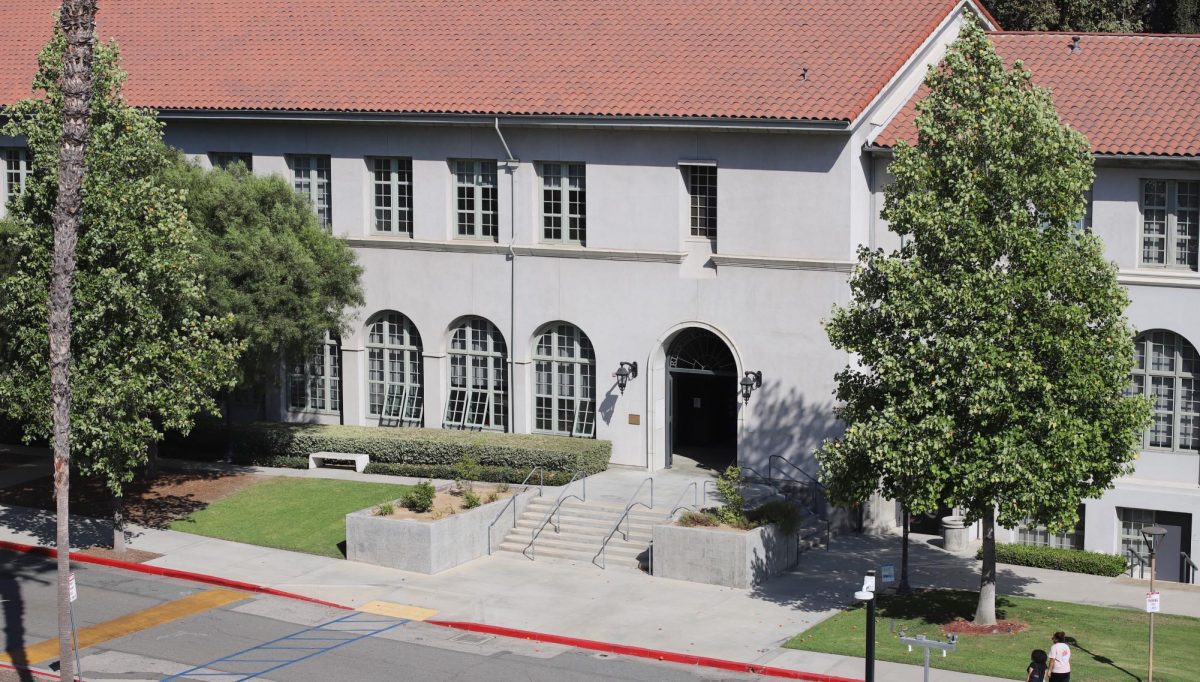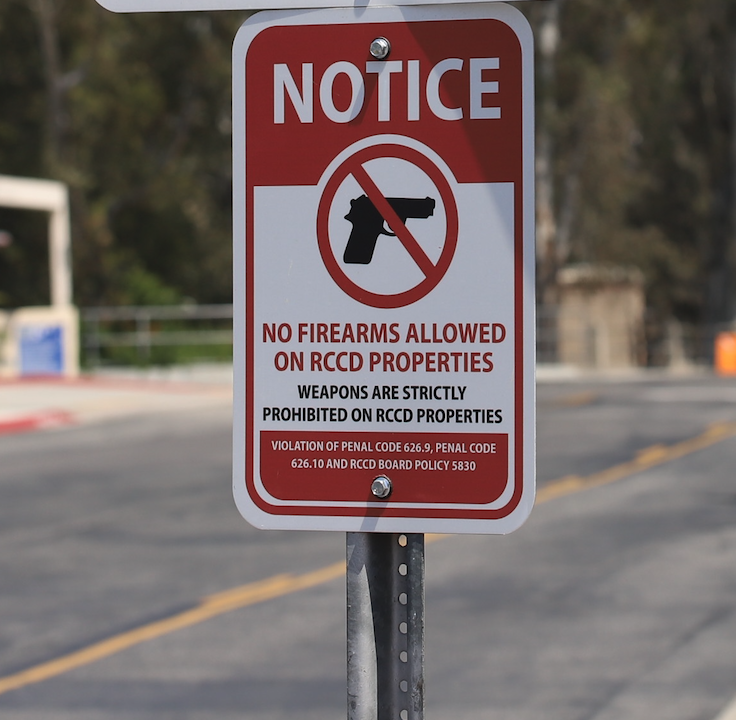By Daesha Gear
An alleged lack of leadership, action and responsibility led to the Riverside Community College District Faculty Association giving Riverside City College President Gregory Anderson a vote of no confidence at the District’s Board of Association meeting May 17.
The Association’s executive board’s vote against Anderson was unanimous.
Faculty Association President Rhonda Taube and Vice President Dariush Haghighat issued an open letter the following day that expressed personal regret, professional responsibility and an obligation to the district.
Haghighat and Taube encouraged Chancellor Wolde-Ab Isaac and other administrators, who were concerned about Anderson’s short tenure at previous institutions, to hire Anderson.
The Association president and vice president wanted to give him “the benefit of the doubt.”
Now, it is a decision they both say they regret.
“We wanted to provide a rationale so that everybody understood this was a difficult decision for us,” Taube said. “We felt that we had no other option. We wanted everybody to know that we were doing this in good faith and best interest for the protection of our collective bargaining agreement.”
According to Haghighat and Taube, the collective bargaining agreement between RCCD and its Faculty Association — or union — was breached and created an adverse work environment.
One instance surrounds a breach of confidentiality. The Improvement of Instruction (IOI) reviews on faculty members were disclosed publicly. The Faculty Association advised Anderson to take action on numerous occasions.
“The IOI is incredibly important for faculty because it determines whether or not they will continue to work here,” said Mark Sellick, Academic Senate president. “It should never be the subject of an open college meeting.”
The open letter stated Anderson addressed the conflict through law firms and human resources, claiming it was “freedom of expression.”
“You can’t describe freedom of speech to openly talk about somebody’s evaluation or a faculty investigation,” Taube said. “Those things are not allowed. That is not freedom of speech.”
Haghighat and Taube also alleged Anderson is incapable of making decisions independently as he constantly seeks legal advice from third parties on RCC’s behalf.
“We gave him a chance after several years of work,” Haghighat said. “We tried and tried and tried and tried, and this guy, he just doesn’t have it — leadership is not in his DNA.”
Anderson’s lack of approach has left issues at RCC abandoned, according to Haghighat and Taube.
One example involved resolving an issue for a faculty member surrounding Title IX. Anderson insisted he would take care of the issue.
However, according to Taube, the issue was never resolved and is currently ongoing.
The letter also alleged that Anderson uses scapegoats.
Raymond “Chip” West, RCC vice president of Business Services, was placed on administrative leave. The open letter claims Anderson said Human Resources and Employee Relations (HRER) instructed him to make the decision.
West’s leave resulted in responsibilities under his duty being unattended or shifted to another administrator. This created more work for faculty members, according to Haghighat.
Haghighat said Anderson has the right to place West on administrative leave, but also stated Anderson should have taken matters into his own hands.
The open letter states that other administrators are following Anderson’s footsteps by involving third parties to handle job duties.
The Association claimed it is a waste of funds to pay attorneys and human resources to make decisions meant for the higher-ups.
“The college is falling apart,” Haghighat said. “We have paid administrators who are not doing their job. If a president has to go to an attorney all the time to ask what to do, then why do we need a president? HR and attorneys run the college.”
Haghighat and Taube’s end goal is Anderson’s resignation, otherwise they will ask the Board to dismiss him.
The decision surprised Board of Trustees President Bill Hedrick, who was unaware the Faculty Association had undertaken a no-confidence vote against Anderson.
“I am always hopeful that issues can be resolved at the lowest level,” Hedrick said. “That certainly was not necessarily the case.”
Hendrick said he could not comment further on the issue. However, he said that the appropriate course of action will be for human resources and Isaac to consider the complaints made, followed by making recommendations to the Board of Trustees.
“(Anderson) is wasting everybody’s time,” Haghighat said. “He is creating more problems, and he is not addressing them. I believe RCC deserves better leadership than it is receiving now. We need a leader who will lead this great institution to higher and better places, and that leader is not Dr. Anderson.”
Anderson has not responded to multiple requests for a comment.


















